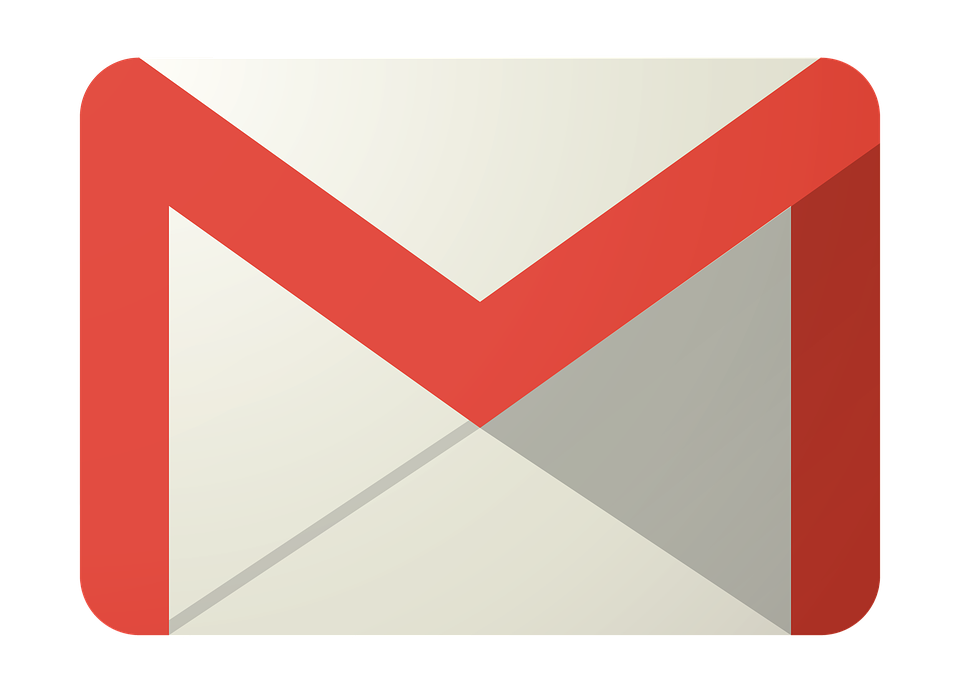In the latest, Google has removed gender-based pronouns from smart compose in AI replies. AI has its fair share of advantages, but it cannot be equated to human intelligence. Time and again it has been proved, and the latest is the instance witnessed in case of Smart Compose in Gmail. Google has recently introduced Smart compose to assist users while composing emails to save your valuable time. But it becomes quite tricky when AI tends to address pronouns. The limitation came to light when a scientist from Newyork discovered the problem in January.
Google Removes Gender-based Pronouns: Details
When he was typing ” I am meeting an investor next week.” Then Google followed up with an auto-suggestion that asked “Do you want to meet him? disregarding the gender could be a woman. Hence, Google
As we are well aware most of the AI’s take up the past data, as is the case in this instance, further, going by the past e-mails and history AI predicted the investor to be male than female and came up with a wrong prediction. Also, since specific fields tend to be dominated by males, Google came up with the male pronoun. Although it may sound a minuscule mistake, Google does not want to take a chance with the gender-based pronouns. But the implications of the predictions turn to be far more dangerous when it comes across certain domains like healthcare, courts, employment and so on. For Google, the implications can have serious consequences. As Google now sells most of its products integrated with Artificial intelligence algorithms (machine learning tools) it may impact its businesses worldwide.
Also Read: Mobile Internet is faster than Wi-Fi hotspots in 33 countries: Open Signal
Google’s Product manager Paul Lambert said they came up with many alternate solutions for the problem, but none of them turned fruitful. So, they are only left with the removal of gender pronouns from Smart Compose. Also, the removal of gender-based pronouns in Smart Compose is found to impact only a mere one per cent of Smart Compose suggestions. It is estimated that Google assists 11 per cent of the messages worldwide sent from Gmail.







